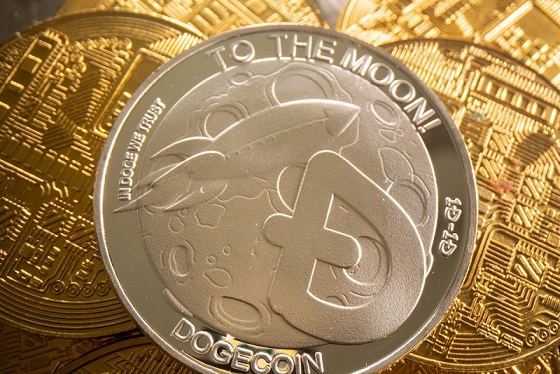The cryptocurrency Dogecoin, once a media sensation, continues to struggle in maintaining its value, trading at $0.071 despite various high-profile endorsements and speculative ventures. The coin, which started as a joke in December 2013, soared to an all-time high of $0.74 in May 2021 during the meme coin mania. However, following Elon Musk’s comment on NBC's Saturday Night Live that Dogecoin was "a hustle," its value plummeted to $0.30 and has been on a decline ever since.
Despite being the ninth-largest cryptocurrency by market cap, valued at $10 billion, Dogecoin has shown poor annual performance compared to its peers.
Elon Musk's acquisition of Twitter in April 2022, which he later renamed X, had sparked speculation about integrating Dogecoin for micropayments on the platform. However, no such integration has taken place more than a year and a half after the takeover. Musk's playful gestures like wearing a Dogecoin t-shirt at an unspecified Super Bowl event and changing Twitter's bird icon to the Dogecoin dog on April Fool's Day have failed to provide any significant boost to the cryptocurrency’s value.
Furthermore, despite rumors of SpaceX potentially propelling Dogecoin to become the first cryptocurrency in space—an idea that could position it as an intergalactic medium of exchange—these speculations have yet to add tangible value to the coin.
Dogecoin’s journey from near obscurity to becoming a household name and back again highlights the volatile nature of cryptocurrencies. While it may carry the title of an "accidental crypto movement" and have had moments where it captured the public imagination, Dogecoin’s long-term underperformance suggests caution for those considering it as an investment vehicle. Its story serves as a reminder that not all that glitters in the crypto universe is gold—or even worth as much as a meme.
This article was generated with the support of AI and reviewed by an editor. For more information see our T&C.
